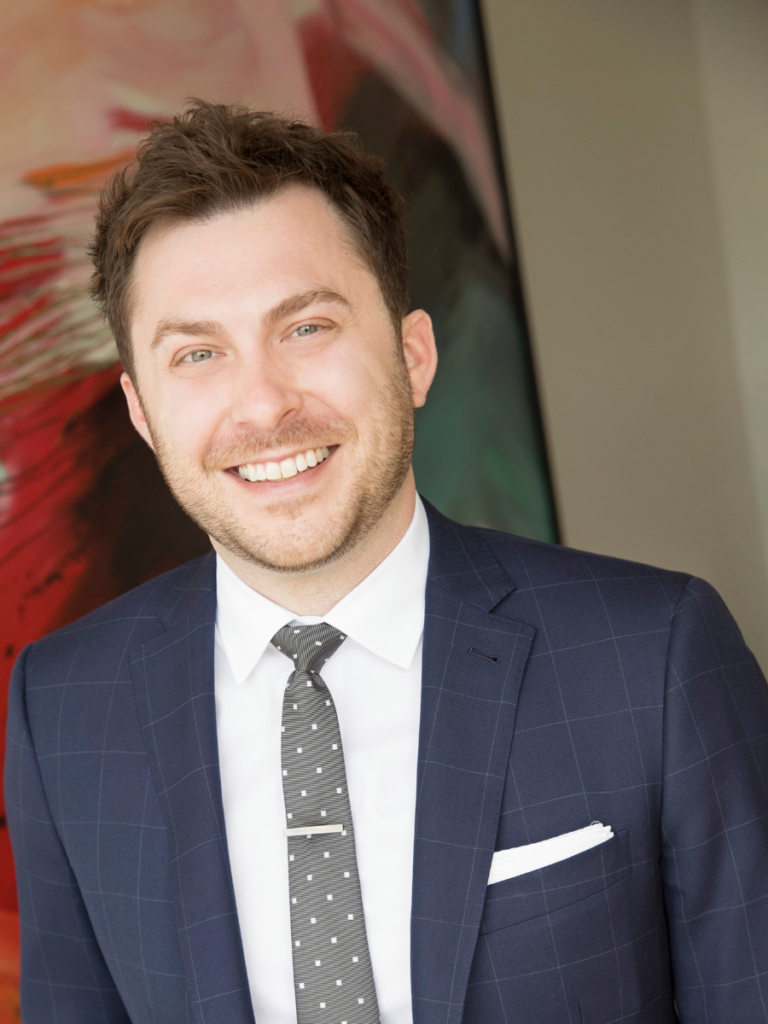Dallas Mavericks player Luka Dončić recently filed a petition with the U.S. Patent and Trademark Office (USPTO) to cancel the registration of the trademark “Luka Dončić 7” that his mother, Mirjam Poterbin, currently owns. Due to the existence of Poterbin’s trademark, Dončić has failed to receive approval from the USPTO for his trademark application to register “Luka77” as a mark. As a result, Dončić now seeks control of his name and brand to register his trademark for business use, despite previously consenting to Poterbin’s trademark.
Interestingly, Dončić’s legal dispute raises a novel legal question: Can a person referenced in a mark later revoke their consent and cancel the trademark?
The Law Behind the Dispute
Trademarks are distinctive marks, like phrases or symbols, that identify a company’s goods or services. Once registered, a trademark grants a person the exclusive right to use his or her mark and helps prevent competitors from using the same or a similar mark.
Trademark law prevents the registration of trademarks that reference a particular person without their consent and marks that suggest a false association with someone. However, nothing in statutory law, case law, or Patent and Trademark guidance addresses whether “consent” and “association” can be revoked after registering a mark. Furthermore, the Lanham Act—a federal statute that protects the owners of trademarks and service marks—seemingly does not require that consent to register a trademark must be ongoing after the mark is registered. Therefore, Poterbin might only need to demonstrate intent to use her trademark in the U.S. to defeat her son’s efforts, regardless of his lack of continued consent.
Implications for the Future of Trademarking
This fact pattern could result in new laws on the permissibility of consent revocation in similar situations. Beyond that, the outcome of the dispute remains relatively unpredictable.
One thing for certain is the result of this dispute will impact whether, in the future, other professional athletes will consent to the use of their names as marks. Additionally, since college athletes now have name, image, and likeness rights, which prevent the unauthorized commercial use of an individual’s name or likeness, they and their agents will likely also be paying close attention to this dispute. If consent for using their name or association cannot be revoked, they will be far less likely to consent than before.
If you have a trademark dispute, contact us to see how we can help.

